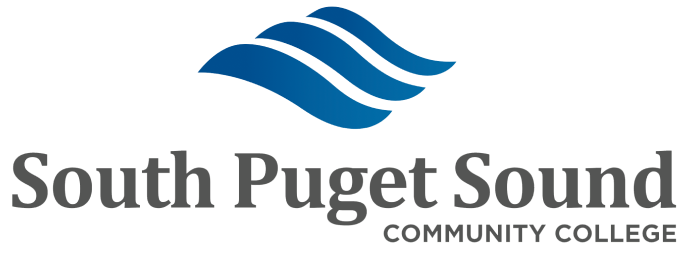Purpose
Colleges receiving federal funds must comply with civil rights laws that provide that no person shall, on the grounds of sex, race, color, or national origin, including shared ancestry, be excluded from participation in, or denied the benefits of, or be subjected to discrimination under programs and activities that the university sponsors or promotes (see Title VI and Title IX). The federal government currently enforces these laws through the U.S. Department of Education’s Office for Civil Rights.
The College's requirement to comply with these laws is consistent with its wholehearted and longstanding commitment to diversity, equity, and inclusion. These values are essential to serving our community and achieving the College’s mission and they remain a priority.
The College has developed this institutional guidance and checklist to facilitate compliance with civil rights laws and to safeguard and support our commitment to diversity, equity, and inclusion in all College-sponsored or promoted programs and activities.
Scope
The regulatory phrase “programs and activities” broadly covers the operations and activities of the College. This checklist is primarily designed to apply to College programs and activities such as recognized groups, fellowships, funds, endowments, prizes, unit or departmental events, and ceremonies. Academic programs that have a secondary admission process should also use this checklist to help ensure their process is in alignment with our commitment. It also may be applicable to College contracts, partnerships, or sponsorships with external entities. Please consult with Legal Affairs if you have questions.
In addition, specific and additional considerations apply to financial aid, scholarships, housing, and hiring/employment. Please consult on these topics with Legal Affairs department.
Based on recent federal agency enforcement action, this checklist focuses on the protected classes of race and sex. For questions about other legally protected classes or groups, please consult the Legal Affairs Department.
Applicability
This guidance applies to College-sponsored or promoted programs and activities. The administrator or organizing unit responsible for the program or activity is accountable for reviewing and following the checklist to ensure compliance with applicable civil rights laws. This includes, but is not limited to employees and recognized student organizations who are initiating, coordinating, or overseeing such efforts.
It also applies when the College partners with external organizations through contracts, sponsorships, or collaborative initiatives. In these cases, the responsible College administrator must ensure that the collaboration aligns with this guidance and the College’s commitment to equity and inclusion.
This tool is not an exhaustive list of all compliance requirements, but a starting point to help you identify obligations and connect with the right offices and resources when questions arise.
Checklist Form & Questions
SPSCC has developed this checklist to facilitate compliance with civil rights laws and to safeguard and support our commitment to diversity, equity, and inclusion in all College-sponsored or promoted programs and activities.
